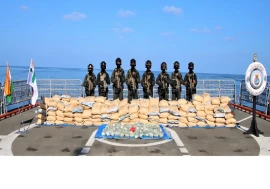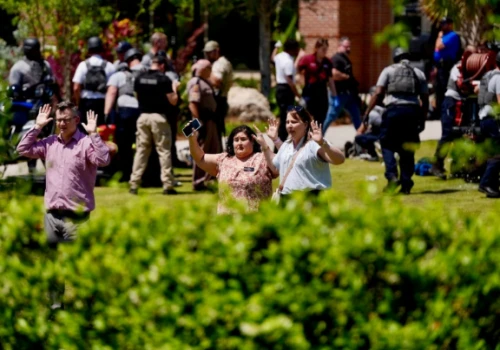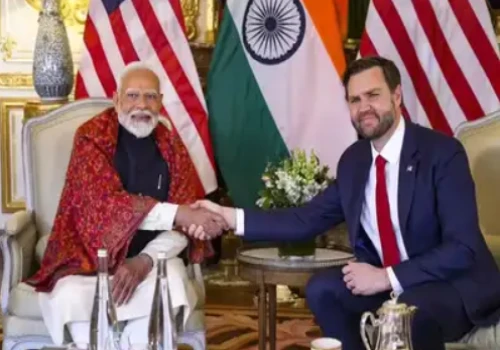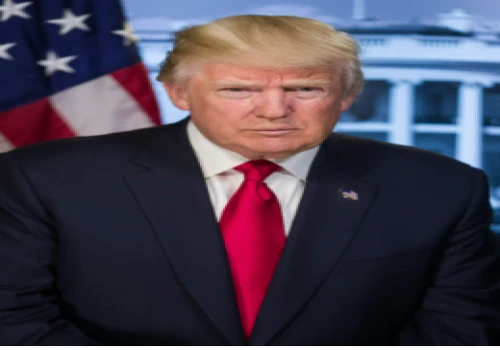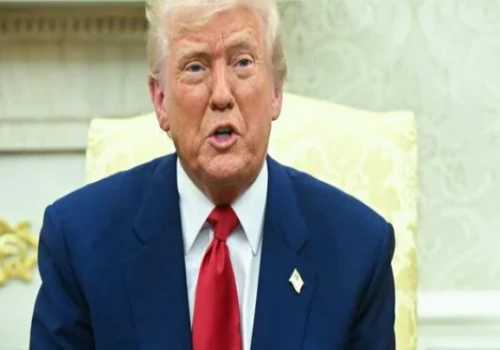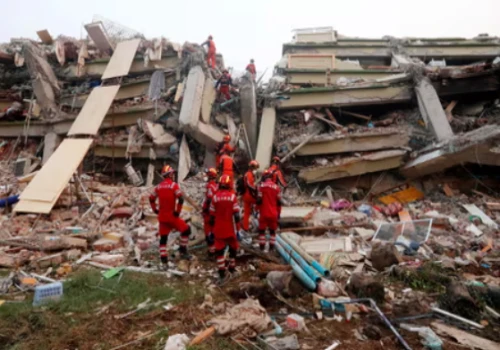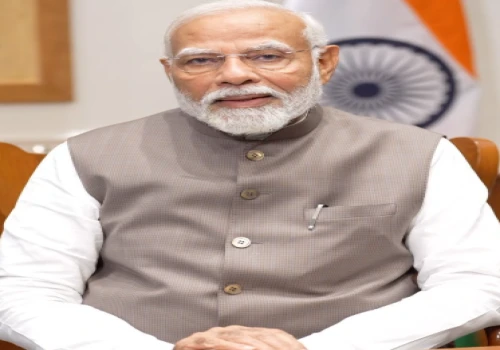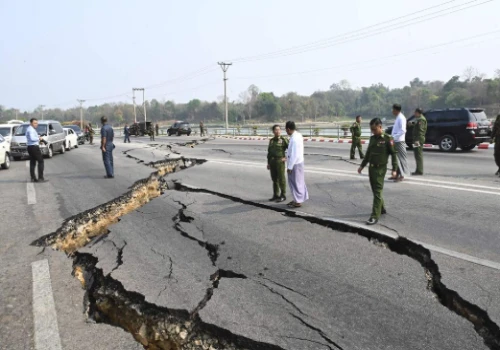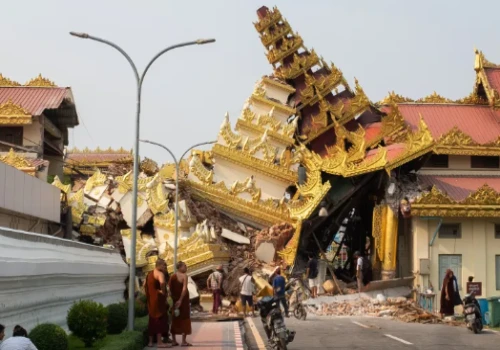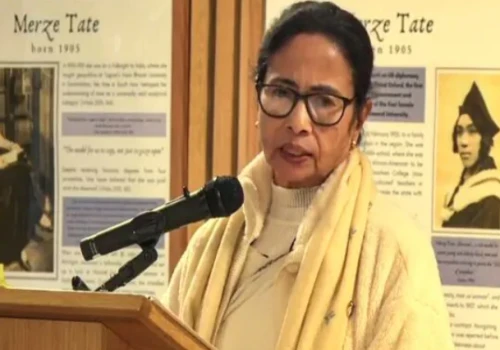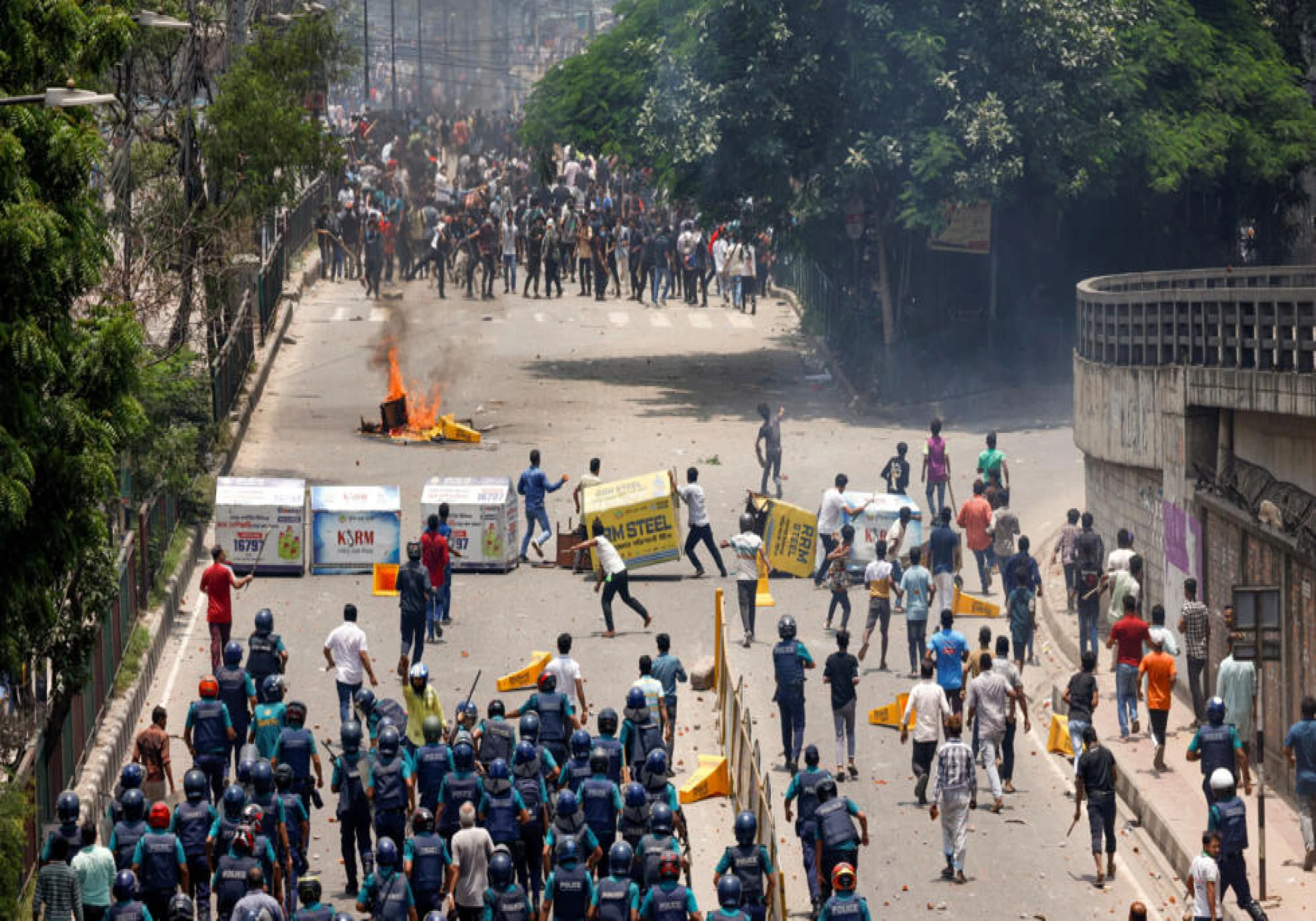
The streets of Bangladesh have erupted in violent protests, leading to a tragic toll of 133 lives lost and prompting the government to issue a shoot-on-sight order in a desperate attempt to restore order. The unprecedented unrest has shaken the nation, raising grave concerns about the escalating violence and the government's response.
The administration implemented a nationwide curfew until Saturday and kept shutting off the internet in areas that were disturbed after failing to stop the violence.
The country's quota system for civil service jobs, which reserves posts for particular groups, particularly descendants of those who took part in the 1971 War of Independence against Pakistan, has been the driving force behind the protests in Bangladesh.
Due to the ongoing protests, numerous nations have issued travel advisories for Bangladesh, recommending its citizens not to travel there. As the situation in Bangladesh worsened, Prime Minister Sheikh Hasina decided to postpone her plans to go abroad.
The central government reported on Saturday evening that approximately one thousand Indian students had returned from Bangladesh. While over 200 students arrived by air, over 740 students returned to India via land routes.
The government of Bangladesh has issued a "shoot-on-sight" order for the police and military because of the growing unrest over the quota. This happened just hours after the curfew was temporarily lifted by the authorities on Saturday to allow citizens to do personal chores.
On Sunday, the Supreme Court is expected to decide on the elimination of the government job quota. Following several petitions, the High Court reinstated the quotas last month, which infuriated people all around Bangladesh.
The government of Prime Minister Sheikh Hasina has proclaimed Sunday and Monday as public holidays, except for essential services. On Sunday evening, from 3 to 5 p.m., the curfew will be lifted to allow residents to participate in activities.

